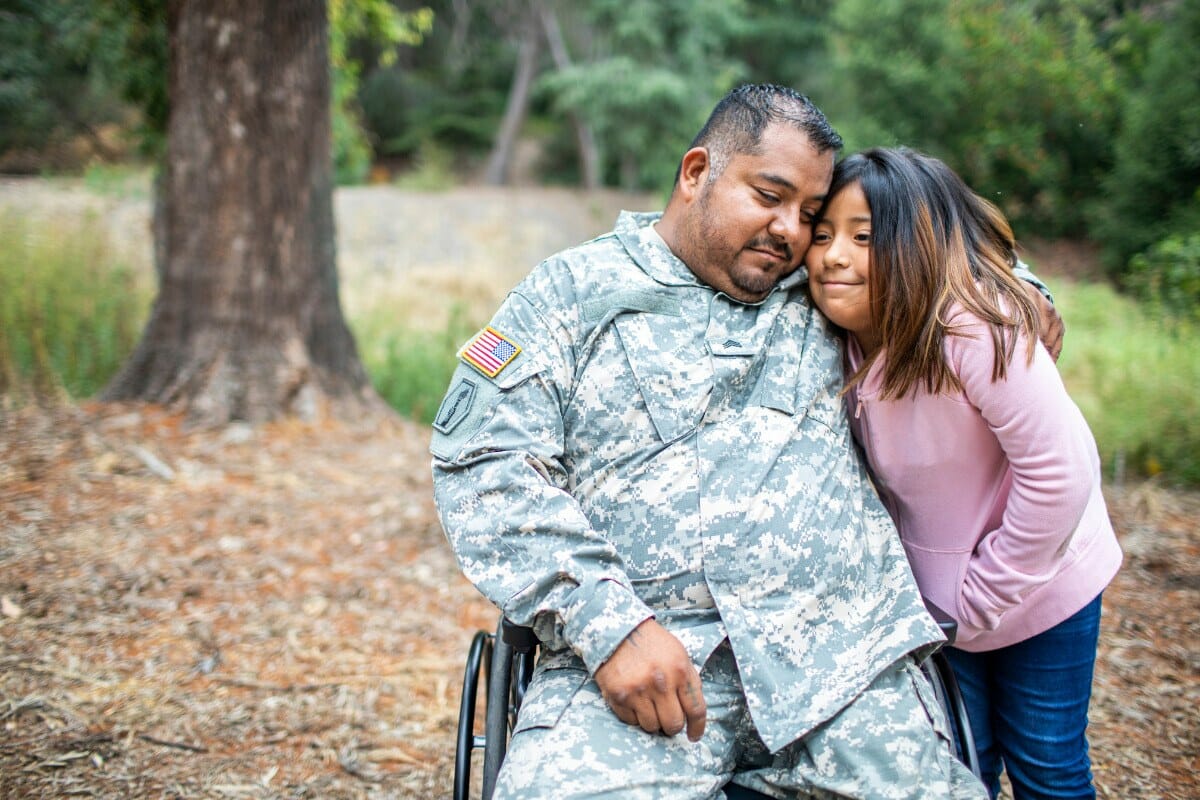
How to Provide Support and Address Concerns
Written by: Jessica Liria M.S., Community Outreach Specialist
Recognizing the signs that someone is experiencing challenges with a mental health concern is part of what can be, a complicated puzzle. How we put the rest of the pieces in place determines how effective the outcome will be. Here are some tips to consider to when addressing concerns and providing meaningful support:
- A Comfortable Setting: As we approach someone to discuss the things we have noticed, or the concerns we have, it is important to find the right time and place. Finding a quiet, neutral setting allows for more open discussion without the added stress of others listening in on the conversation. Speaking to the person in private lessens the potential for feelings of embarrassment; however, we also want to ensure the location is not intimidating or causing discomfort.
- Remove Judgement: Spend time thinking through what you want to say, and how you want to say it before the conversation takes place. Even when we feel there is no bias or influence in our words, our tone of voice or body language may convey a different message. Ensure all channels of communication align when speaking but remember, being an active listener may take even more attention and focus. Avoid interruptions, distractions, and assumptions. After discussing your concerns, provide support by understanding the person and their experience without judgement.
- Provide Hope: It is not realistic to think that you will have all the answers or be able to solve all the problems, but you can offer reassurance and hope. Telling someone what they should do, or giving advice, is not always wanted or helpful. Statements like “you are not alone in this, I want to help…” or “we can get through this, let’s talk about what we can do…” show that you care and are ready to assist. Validating how someone feels further assures them that it is OK if they are not feeling OK—“it is understandable to be hurt after something like that happens” or “it is natural to feel this way after an experience like that.”
- Explore Options: Brainstorm what may help in the short-term and in the long-term. Offering hope and compassion may make someone feel better in that moment, but exploring strategies, like coping skills and self-care, to be used if the same feelings come up again, can allow the person to see there are many ways to get through challenges. Perhaps there are also things you can do together, like meeting up for walks or joining a community group. Identifying professional means of care are also worth discussing. There is a world of treatment professionals, many with specialized skills to meet individual needs—therapists, psychiatrists, peer specialists, substance use counselors, and more!
- Know the Resources: Each community is equipped with a variety of localized resources to provide needs like food, shelter, medical care, financial assistance and more. Many factors may be contributing to mental health challenges. By meeting those basic needs first, a person may be more willing and able to focus on their mental well-being. Research what your community has available and stay informed on these valuable services. In Collier County, download Collier CARES, a mobile app with an abundance of resources that can be filtered by category and location (can also be visited online at colliercares.org).
Providing help to those around us builds a stronger, healthier community. We can all make a difference in the lives of others by providing compassion, kindness and empathy. David Lawrence Centers for Behavioral Health has a comprehensive continuum of care from prevention to crisis services. When immediate support is needed, the Emergency Services Assessment Center is available 24/7, 365 days a year.
Nov 04, 2022 | Blog, Mental Health, Substance Use



